Indonesia to continue developing digital talent in 2022

To quicken the pace of digital transformation in the country, a digital talent development programme will be continued in the new year.
Jakarta’s minimum wage hike faces backlash

The Indonesian Employers’ Association has said that it was considering a lawsuit to block the governor’s proposition of a larger increase.
Indonesia to boost empowerment of women

President Joko Widodo (Jokowi) has outlined three main conditions that must be met to bolster the empowerment of Indonesian women.
Women and youth found to bear brunt of job losses amid pandemic

These workers were more likely to lose their jobs because they dominated sectors that were hard-hit, like hotels and restaurants, wholesale, and retail.
Jakarta increases provincial minimum wage for 2022
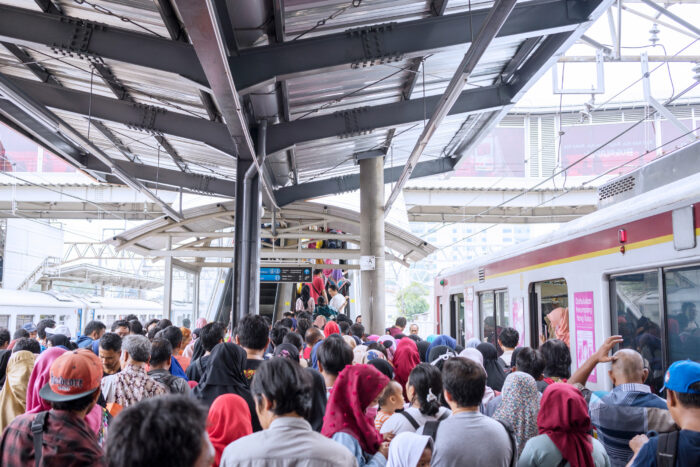
The provincial minimum wage of Jakarta has been raised by 5.1% to IDR4.6 million for 2022, according to Jakarta Governor Anies Baswedan.
Indonesia aims to distribute wage subsidies by year end

The Ministry of Manpower is aiming to finish distributing the Wage Subsidy Assistance (BSU) to 1.7 million beneficiaries by the end of 2021.
Indonesia to implement job-loss insurance in 2022

The government is committed to implementing the Job Loss Insurance (JKP) programme, commencing 2022, said the Manpower Ministry.
Indonesia mandated to revise job creation law

The government will have to amend parts of the law within two years, or it would be deemed unconstitutional.
Indonesia looks to bridge existing gender pay gap

The Manpower Ministry is optimistic of closing the wage gap between male and female workers, and to increase the level of female participation at work.
Indonesian government told to act against minimum-wage violators

The government has been urged to strictly monitor the minimum wage implementation and take ‘firm action’ against violators.
Indonesia sees improvement in job creation

The Central Bureau of Statistics has revealed a year-on-year rise in the number of people in the working population in 2021.
Indonesia’s minimum wage to increase by at least 1.09% in 2022

The final decision on the increase will be decided by the governor of each province, and based on the data published by Statistics Indonesia.
Indonesia prioritises workplace safety and workers’ health

Health minister Budi Gunadi Sadikin has called for more attention to be paid to the safety of workers in the workplace, particularly their health.
Indonesia considers minimum wage increase in 2022
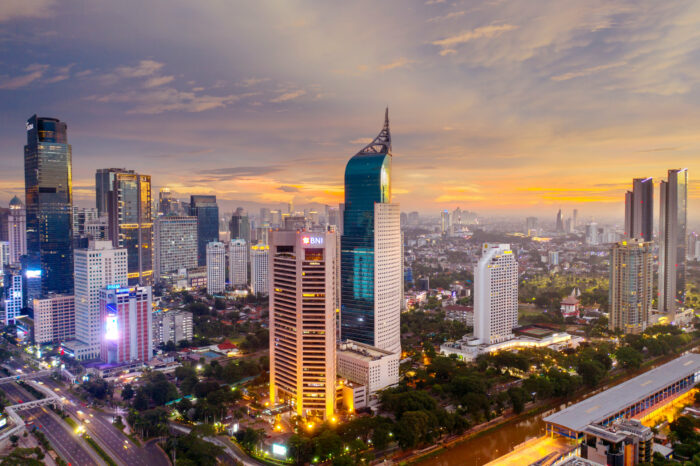
The speaker of the Indonesian House of Representatives says doing so will improve the welfare of workers affected by the pandemic.
Indonesian companies urged not to discriminate against female workers

Both formal and informal workplaces in the country have been encouraged not to discriminate against women and have inclusive company policies.
Indonesia launches digital literacy programme for SMEs

The Ministry of Communications and Informatics has launched a programme to step up digitalisation among SMEs.
Indonesia launches more community-based vocational training centres
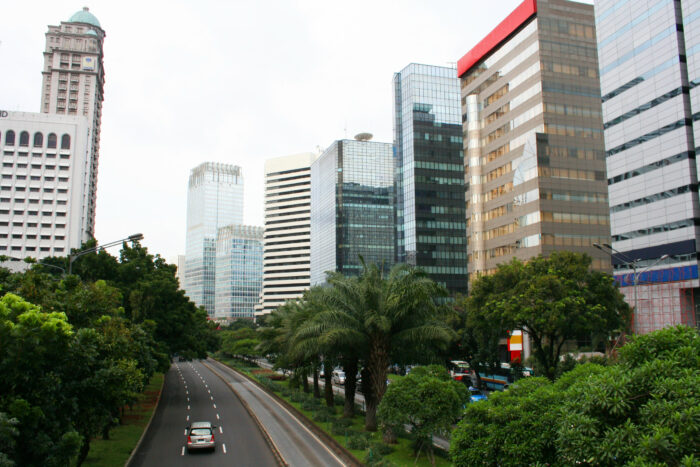
Stage 1 of the community-based vocational training center (BLK) has been launched to improve the competency of the country’s human resources.
Indonesia launches model to boost regional-based jobs

Indonesia has officially launched a pilot project model to expand regional-based employment opportunities in five regions across Indonesia.
Indonesia to focus on jobs creation: President Joko Widodo
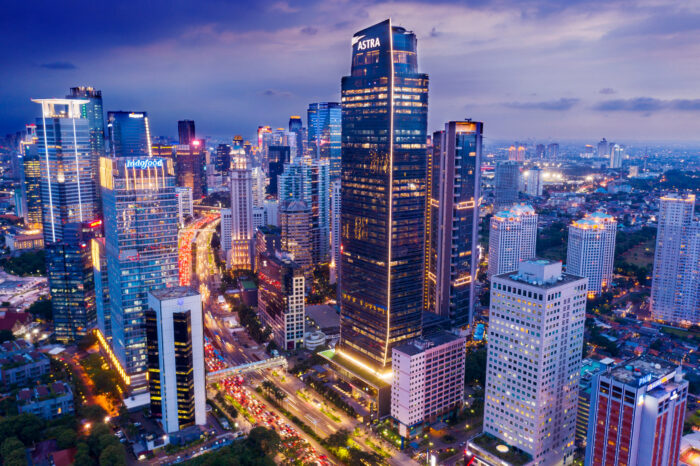
The government’s current priority is to create as many new and quality jobs as possible to build a sustainable economy.
Indonesia preps more women for work in industrial sector

The Industry Ministry is training more women to master the latest technologies to support innovation and increase productivity in the industrial sector.
Indonesia distributes Rp$947 billion in wage subsidies

Eligible recipients will receive Rp$1 million for two consecutive months, and will have to be registered with the Workers Social Security Agency.
HR development key for Indonesia’s advancement

Finance Minister Sri Mulyani has called for the development of human resources as a priority for Indonesia’s continued development.
Indonesia plans wage subsidies for workers
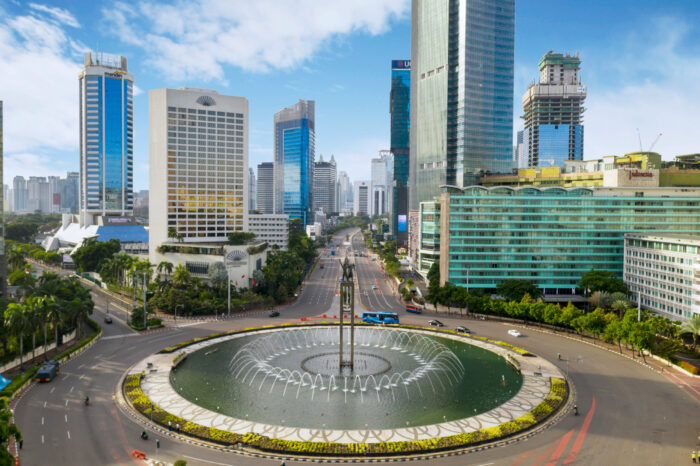
The Ministry of Manpower is preparing the policy for distribution of the BSU wage subsidy programme for workers in 2021.
Indonesia’s VP urges workers to increase their preparedness

High unemployment and low competitive edge are the result of workers’ unpreparedness to adapt to changes in the job market and industry, he said.
MSMEs in Indonesia urged to adopt digital technology

Minister of trade Muhammad Lutfi said the use of digital technology is vital for micro, small, and medium enterprises (MSMEs) to compete globally.
Indonesia union group urges for full payment for Eid allowances

Confederation of Indonesian Workers Unions (KSPI) president Said Iqbal has called for companies to make mandatory full payment for Eid allowances.
OECD urges Indonesia to equip workers with digital skills

A new survey by the OECD recommends that the country step up its vocational education and adult training, with a focus on digital skills.
Indonesia calls for increased digitalisation for economic recovery

To overcome the fallout from the pandemic, Indonesia has urged fellow ASEAN member countries to accelerate digitalisation.
IMF projects full recovery for Vietnam, Indonesia and Malaysia in 2021
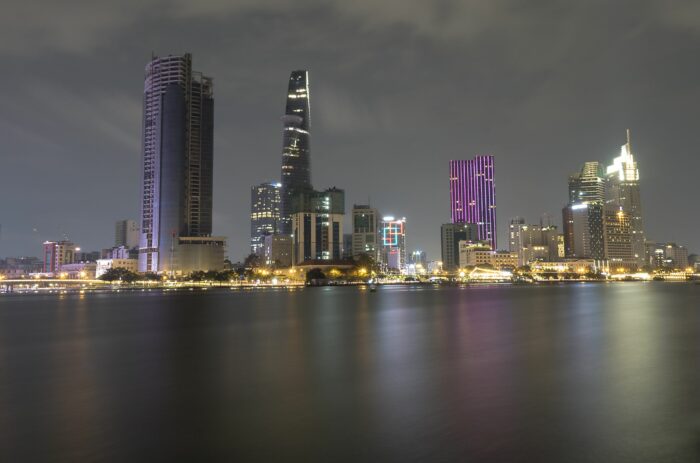
Out of the six leading economies in Southeast Asia, three countries are expected to expand in 2021, while others will struggle to recover.
Indonesia needs to boost HR and R&D in manufacturing

Manufacturing, the largest contributor to the country’s GDP, will play a big role in economic recovery, and government support will be key.
